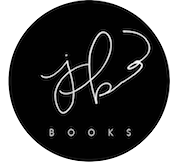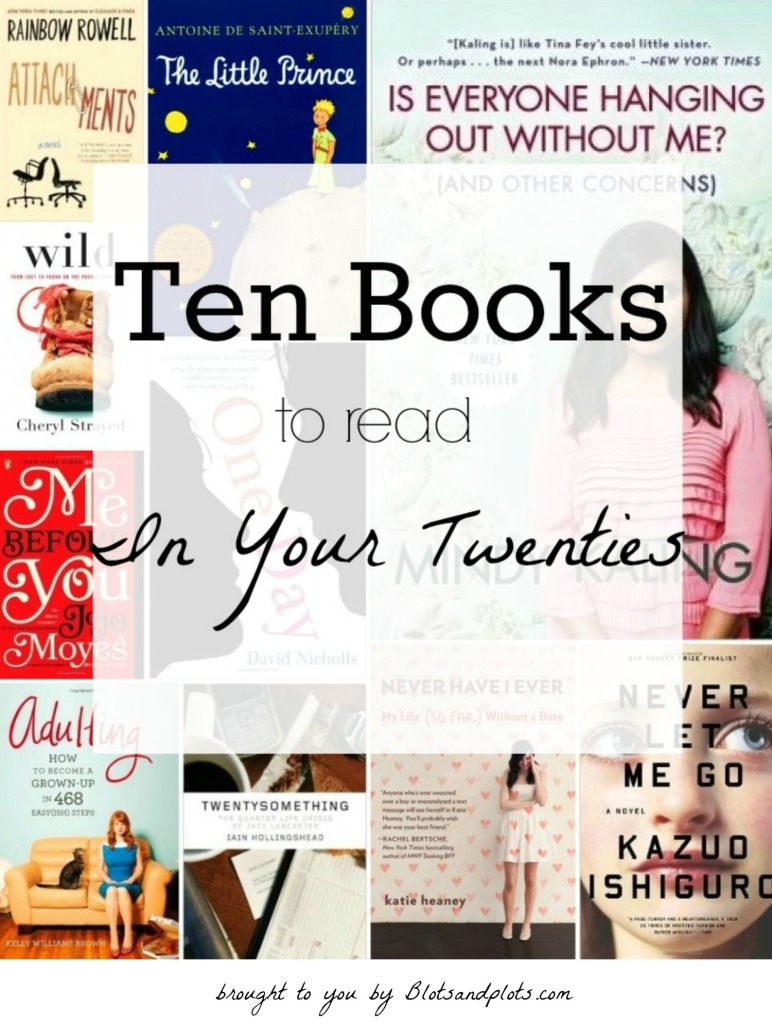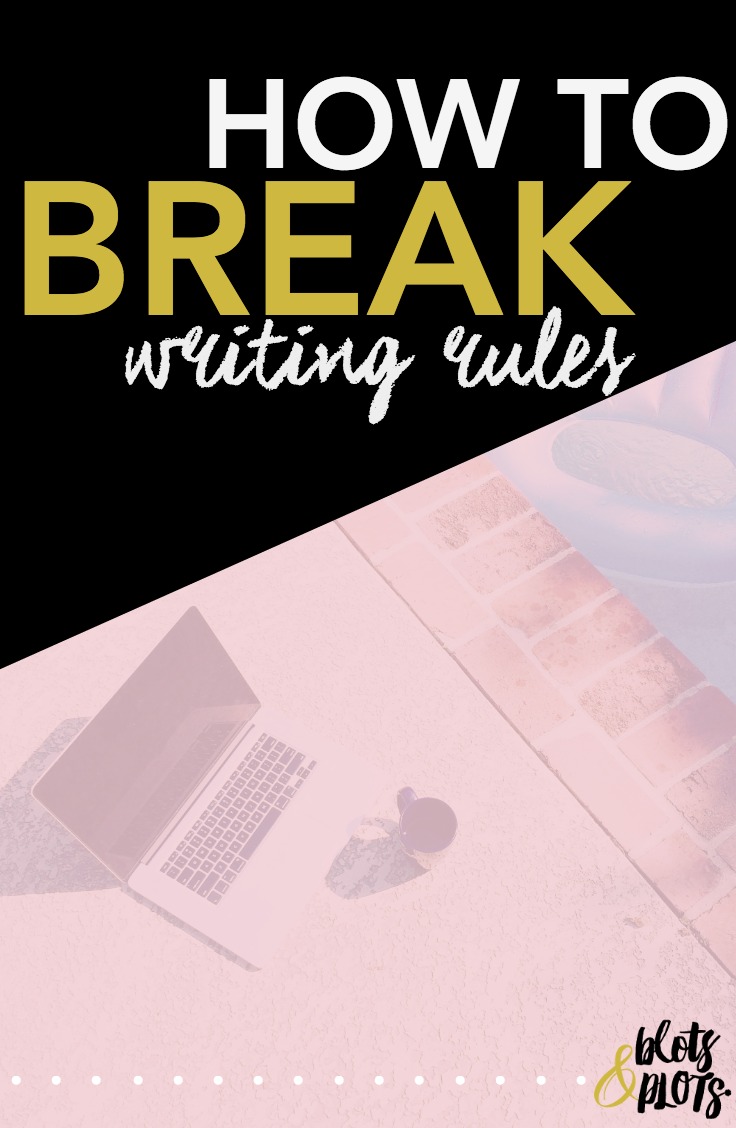Hello! This post is the first guest post on Blots & Plots, brought to you by my friend, Ashley R. Carlson. She was kind enough to interview me on her blog in July, and now I'm happy to have her here. So without further adieu…
Ask any new writer or non-writer whether writing a book is something completed on one’s own, and you’ll most likely get this response: “no duh.” (Most likely accompanied by an irritated eyebrow-raise, sarcastic snicker, and/or any other facial expressions that fall along the lines of “might be the dumbest question I’ve heard all week.”)
Any seasoned writer on Earth would tell you the exact opposite—and I’m defining the term loosely; as in, anyone who has written something and realized they had no flippin’ clue whether it was Pulitzer Prize-winning material or akin to the dog turd sitting in their backyard.
That’s why beta readers are so important—nay, vital—to producing a successful, money-making book.
Beta readers are individuals who agree to read your book before it’s ready for publication (or submission to agents/publishers if you are pursuing a traditional publishing contract). They may offer insight into plot holes/confusing scenes, opinions about character development, messy wording, and a plethora of other issues your manuscript probably contains in its current state. But don’t be discouraged—the first draft or two of any book is going to be riddled with those issues; that is why you are addressing them.
For this post I’m going to use my personal experiences writing “The Charismatics” (my debut fantasy novel, releasing December 13, 2014!) to discuss “all things beta”:
ROUND ONE OF BETAS
While I completed my first and second drafts, I comprised a list of friends met on Twitter and www.cpseek.com who stated they would like to beta read when it was completed. I chose only writer friends, for a number of reasons: they understand the multi-faceted pieces of building a cohesive plotline, they are usually avid readers, and they know what it’s like to receive edits. These will mostly likely be the people who give honest feedback while still keeping your fragile writer’s psyche in mind.
ROUND TWO OF BETAS
After receiving suggestions and criticisms from my first round of betas, I printed out their thoughts (easier to refer to in hard copy) and went through fixing/adjusting any issues that were reported—namely, areas that were confusing (my book is in an alternate universe, and needed a lot of detailed world-building to make better sense), and adding in some more character development. Then I posted on Facebook to my mostly “non-writer” friends and sent out my third draft to those interested.
ROUND THREE OF BETAS
Thoughts from Facebook friends were taken into account and utilized for my fourth draft; mostly continued clarification about the fantasy world and character development (my readers wanted to know more about some secondary characters). Then it was sent to my editor for copy-editing and final thoughts.
Tips For Beta Reader Success:
-I found that a great way to get tailored feedback was by providing a list of questions for my beta readers to keep in mind. Examples: Are the characters believable/likeable? What parts were boring/exciting? What confused you? What scenes, if any, did you find emotionally touching?
-If you are hiring an editor for your self-published book (which you should), then tell your beta readers they don’t need to worry about grammatical errors. Beta readers may be deterred if they feel like they need to “edit” your manuscript; just tell them to read it and enjoy!
-I would suggest noting a time limit; this gives people incentive to read. Make sure it is one that is feasible (not READ THIS IN 24 HOURS GO) but also not too abstract. I’d recommend a month or two, but that depends a lot on your own time table.
-Send your work in PDF format. This enables beta readers to see it on any device that has Adobe Reader, and increases your chances of feedback tremendously (at least, it did for me).
-Keep in mind that criticism is normal, and helpful. I know it can feel like someone is attacking your heart, your soul, but keep an open mind. It’s one person’s opinion; not everyone’s—and when there’s a consensus regarding something in your manuscript, it’s probably worth looking into and revising.
-And finally, remember: people are extremely busy, and are doing you a favor by taking time to read your work. Don’t be offended if people don’t respond, and be extremely grateful when they do. Reciprocate in any way you can, whether that be beta reading their own work, including them in your Acknowledgements page when the book is finished, or just a personalized email. Be gracious and grateful, and you’ll have a beta reader for life (and hopefully a reviewer on Amazon/Goodreads too!).
Ashley is a fantasy author, freelance editor, and editor/blog writer for Midnight Publishing. Ashley will be publishing her debut steampunk-fantasy novel, entitled “The Charismatics,” on December 13, 2014. This is her birthday, and it will be epic. Ashley grew up and currently lives in Scottsdale, and is the proud mother of three animals-a neurotic German shepherd that follows Ashley everywhere she goes, a serene mutt from Mexico, and a cat that gives new meaning to the word "bitchy." Ashley enjoys Yelping for local restaurants, fostering kittens from nearby shelters, and watching the Real Housewives of ... anywhere.
Read the first chapter of “The Charismatics” here, on Wattpad, and find her dilly-dallying at her blog and on Twitter@AshleyRCarlson1.







